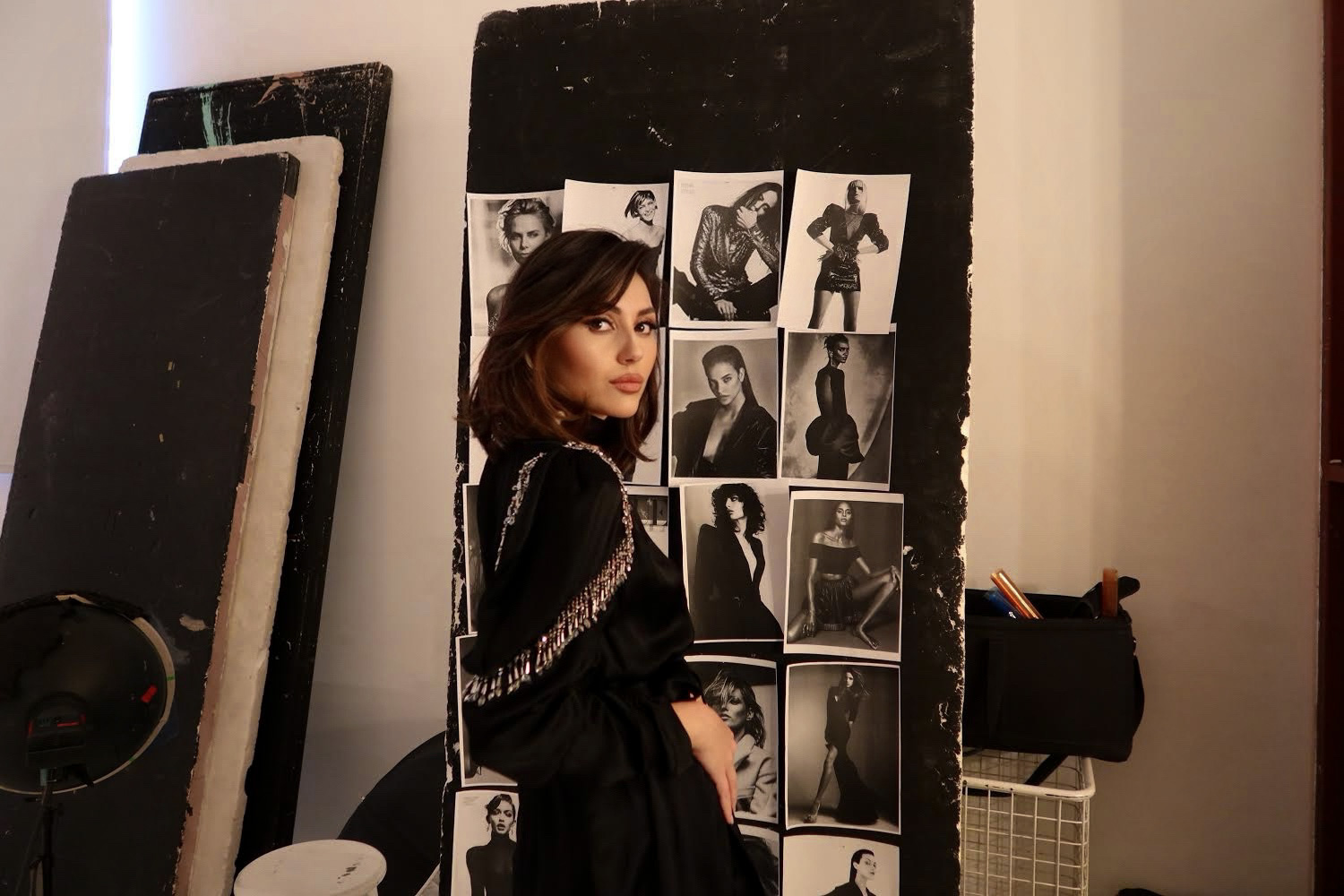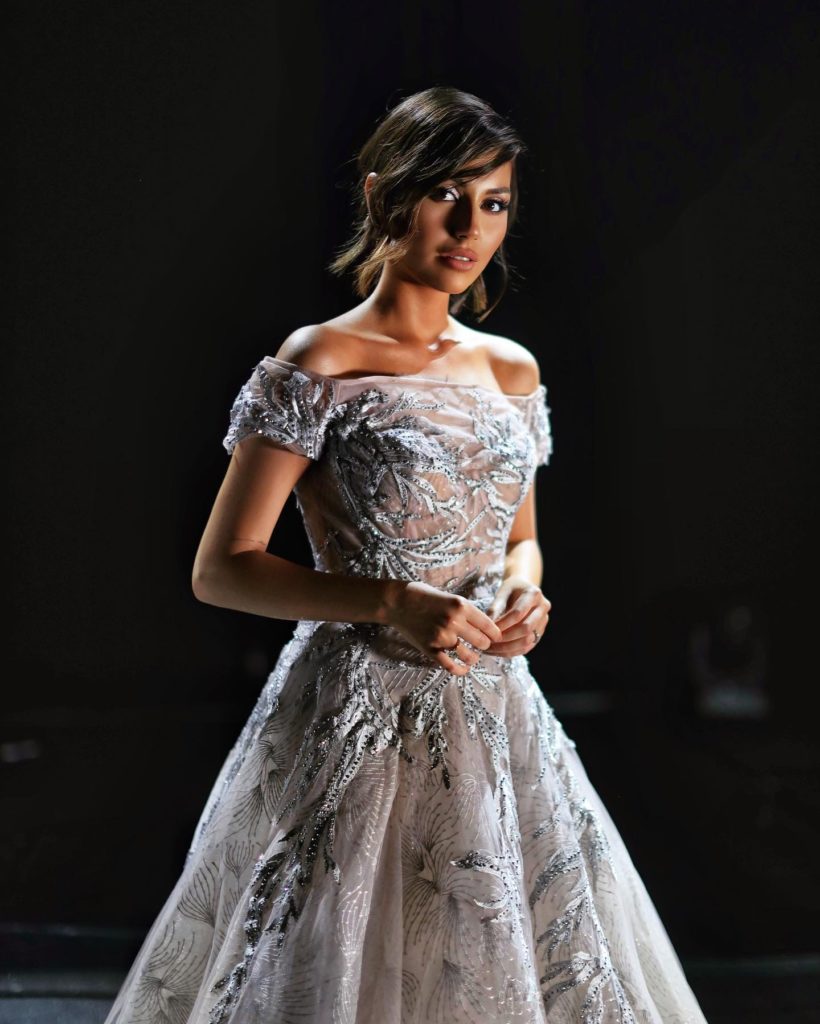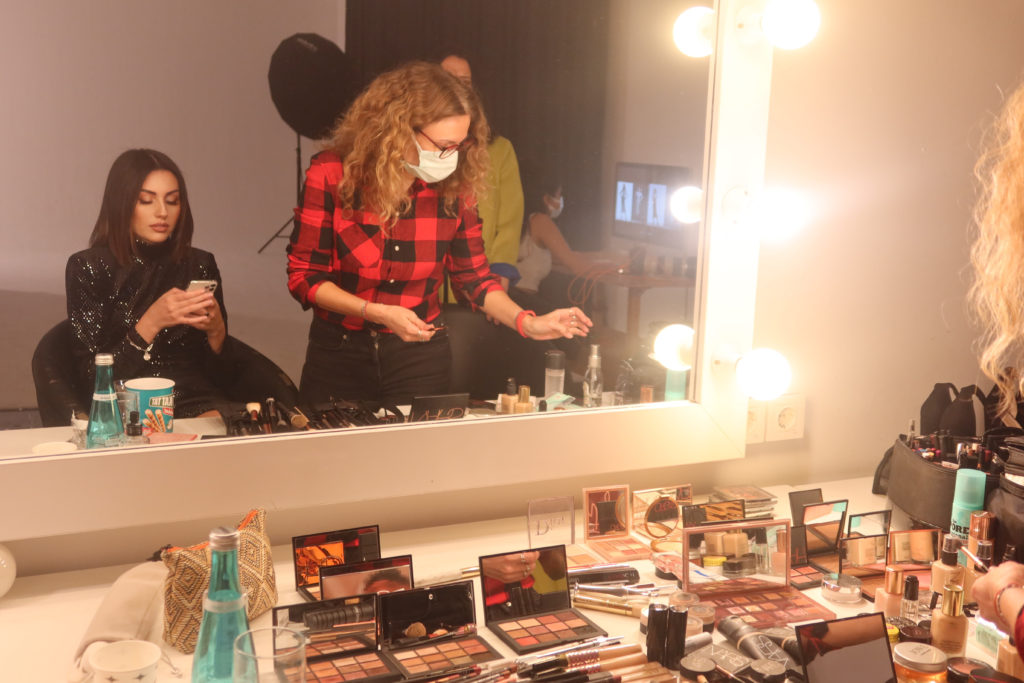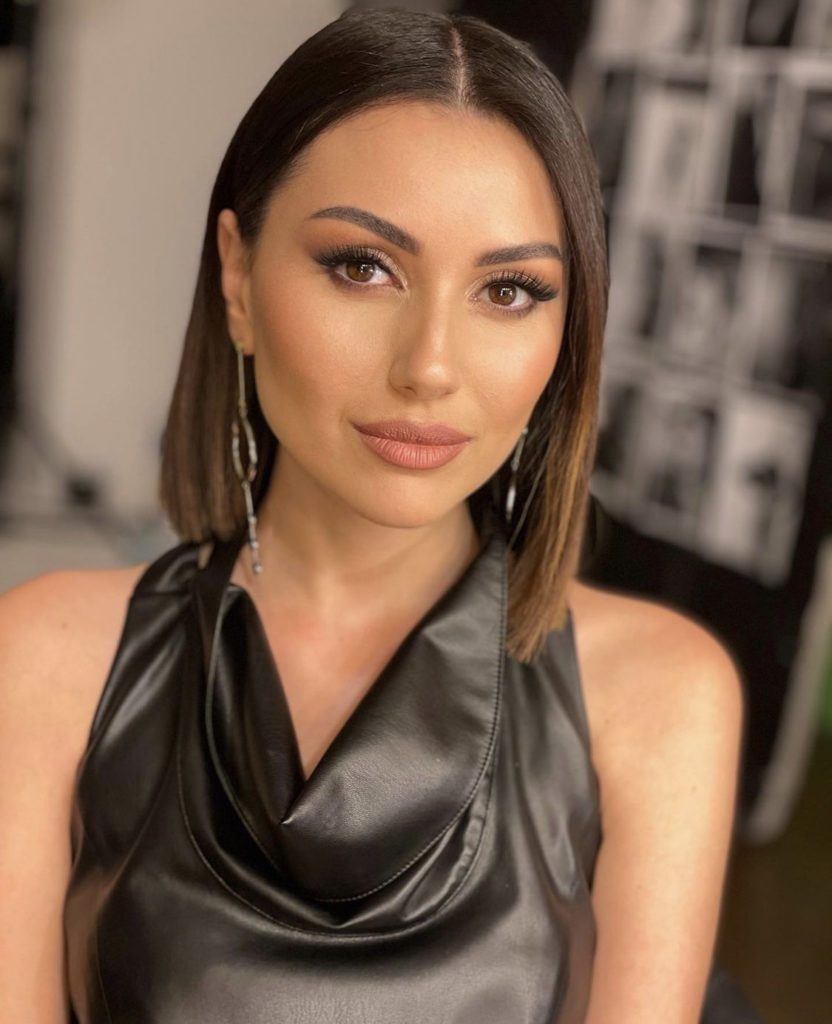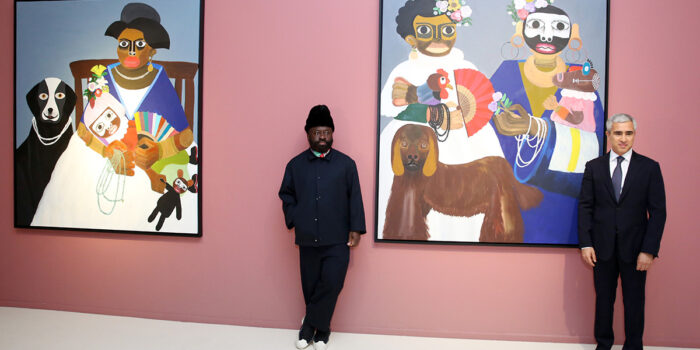After an eight-year hiatus, Azerbaijani popstar Safura is back on the music scene with her new album, Möcüzə (‘Miracle’).
The 29-year-old singer first found fame when she won Yeni Ulduz (Pop Idol) at just 17 years old, before going on to represent Azerbaijan in the Eurovision song contest with the song ‘Drip Drop’ in 2010. Here, Safura speaks to Baku about why she stepped out of the spotlight eight years ago – despite the success of her first album, It’s My War – and how her new album marks the start of a new era
Baku: Your music career began at 17 years old, when you won Yeni Ulduz (Pop Idol), and then represented Azerbaijan in Eurovision. What was it like to be thrown into the spotlight at such a young age?
Safura: Yeni Ulduz was my first and most difficult experience in music. It was difficult that we woke up very early and rehearse until late. We had so little time to prepare: to learn the dances, to learn the songs. Sometimes we didn’t even have time to eat. We couldn’t rest.
But I also learnt a lot. I performed in front of a huge number of people on the screen, and had professional people working with and judging me. That helped my career a lot, because it was a great opportunity to get used to the cameras, to the audience and stage. Of course, it was difficult because I was so young, but I set a goal in front of me. I always knew in the depth of my soul that I would win – and I did.
Baku: The music you made during that period has a notable East-West dynamic.
Safura: There are no borders in art, and there is no nationality in music. I’m not afraid to create new music, to mix elements and experiment. I always wanted my music to sound unique. It was the same with my performance of ‘Sarı Gelin’: I wanted to update it in a modern way so that it didn’t sound like everyone else.
Baku: Why did you stop making music in 2013, despite your success until that point?
Safura: I had problems with my management. I didn’t like being controlled. Every step I took was controlled, and they interfered with my personal life too. Sometimes I couldn’t even fly to Azerbaijan to visit my family. I wanted to be my own master, and so I terminated the contract with Zaphire.
I then started a completely different stage of life. I wanted to devote as much time as possible to my family, so I didn’t have enough time to do my own thing. I knew that someday I would return to music, though. I didn’t know when, but it was always with me.
Baku: You opened an art gallery in Besiktas, Istanbul, during this time. Why was this your next step after music?
Safura: My father is a painter. During my childhood, I loved to watch him drawing and I liked to stand next him and paint too. One day, my husband told me that I should open my own gallery and exhibit the works of different artists there. So, I did. I tried to show the work of young artists who were not quite famous yet, to help them to develop.
Baku: You have just returned to music after an eight-year hiatus with the release of your album, Möcüze (‘Miracle’). Why now?
Safura: The time had come for me to return to music. My children are old enough for me to devote time to my work, and now I have enough time to do my favourite thing again. They were really looking forward to new releases from me. That’s why I called my album ‘Miracle’ – because my return to music has turned out to be a miracle, in a way. I wanted the name of my album to convey that if you believe in miracles, they will come true.
Baku: How does your new album differ from your previous music, almost 10 years on?
Safura: When I made my earlier music, I was a teenager. I lived with rose-tinted glasses; I didn’t understand life as deeply as now. Now, I have learned to see life from a different point of view. I am a mother, a wife. I have become responsible!
There was a period during the pandemic when I was depressed and needed to do something. I wrote to my friend, a songwriter, sharing with him how I felt, and he sent me a song named ‘Ağla’ (‘Cry’). He told me to go and record the song, and I did. It helped me a lot. Music is medicine for me.
Baku: Does Azerbaijani music continue to influence your style?
Safura: Azerbaijani music is so different, so colorful, so international. Once upon a time in Baku you could hear jazz everywhere; it was known as a jazz city. On one side, you could hear our traditional Muğam; in the centre, there is the Philharmonia, with Opera Music pouring from the windows; and not far from there is the Conservatory, which has produced a number of very talented Azerbaijani artists. As long as that circle exists, Azerbaijani music will be always on top.
Online Editor: Candice Tucker
Written by: Ella Johnson


